Chen Zhiwu (陳志武) says that the COVID-19 crisis puts into sharp focus that we are in a new cold war, with China and the US being the two protagonists.
“It’s almost literally in front of us,” says Chen, Director of Asia Global Institute and Chair Professor of Finance at the University of Hong Kong.
Political observers were hesitant, Chen says, even up to the beginning of this year, to confirm a new cold war was underway.
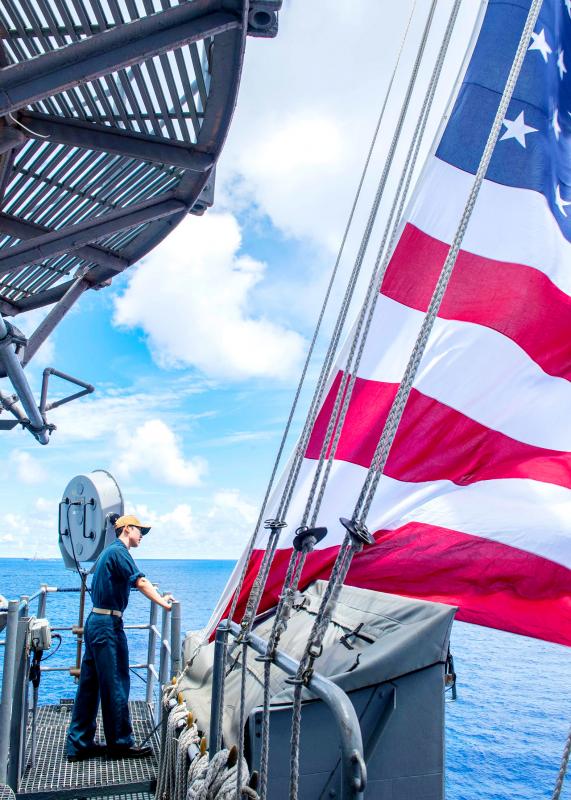
Photo: Reuters
“But ... the coronavirus has made clear the clash in values and way of life between what China would like to pursue, and what the US and other developed countries would like to pursue. That clash is clearly made evident by the coronavirus crisis,” he says. “I think this clash will go on for a while.”
Chen made these remarks early this month as part of Socio-economic Shock of COVID-19: China, Hong Kong and Taiwan, a forum co-organized by the Lung Yingtai Cultural Foundation (龍應台文化基金會) and European Forum Alpbach. The forum was also attended by professor of economics at National Chengchi University and former Deputy Minister of the Taiwan Mainland Affairs Council Lin Chu-chia (林祖嘉) and moderated by Wu Yu-shan (吳玉山), distinguished Research Fellow, Institute of Political Science, Academia Sinica.
COLLABORATION OR CONFLICT?
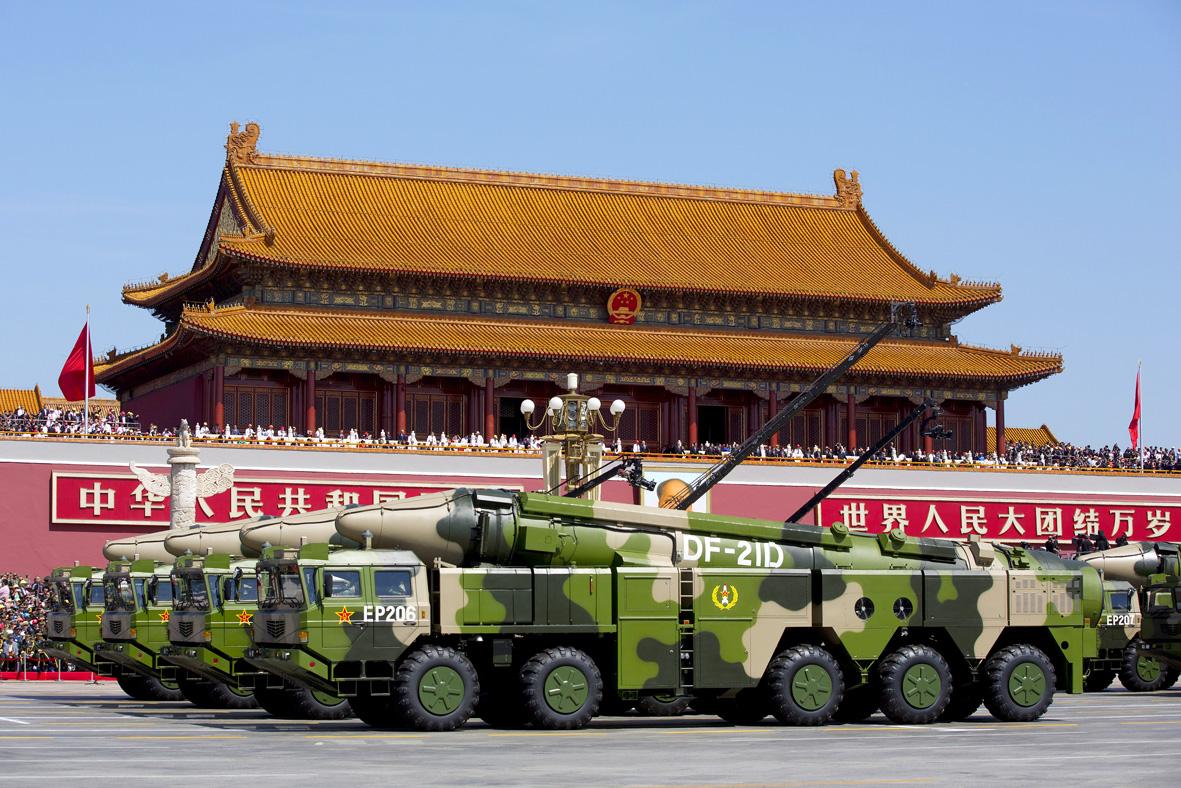
Photo: AP
The tensions exacerbated by the coronavirus also means collaboration between China and the US on a vaccine for COVID-19 and other public health measures seems unlikely.
Chen compares the current crisis to the 2008 financial crash, when the US led efforts to stabilize the global economy. He says that because the financial crisis began in the US, it was not “in a position to make a big deal about it, to blame other countries,” as it has been with the coronavirus.
Additionally, as incumbent US President Donald Trump continues to slide in the polls, due in part to his handling of the pandemic, he has ramped up his rhetoric against China.
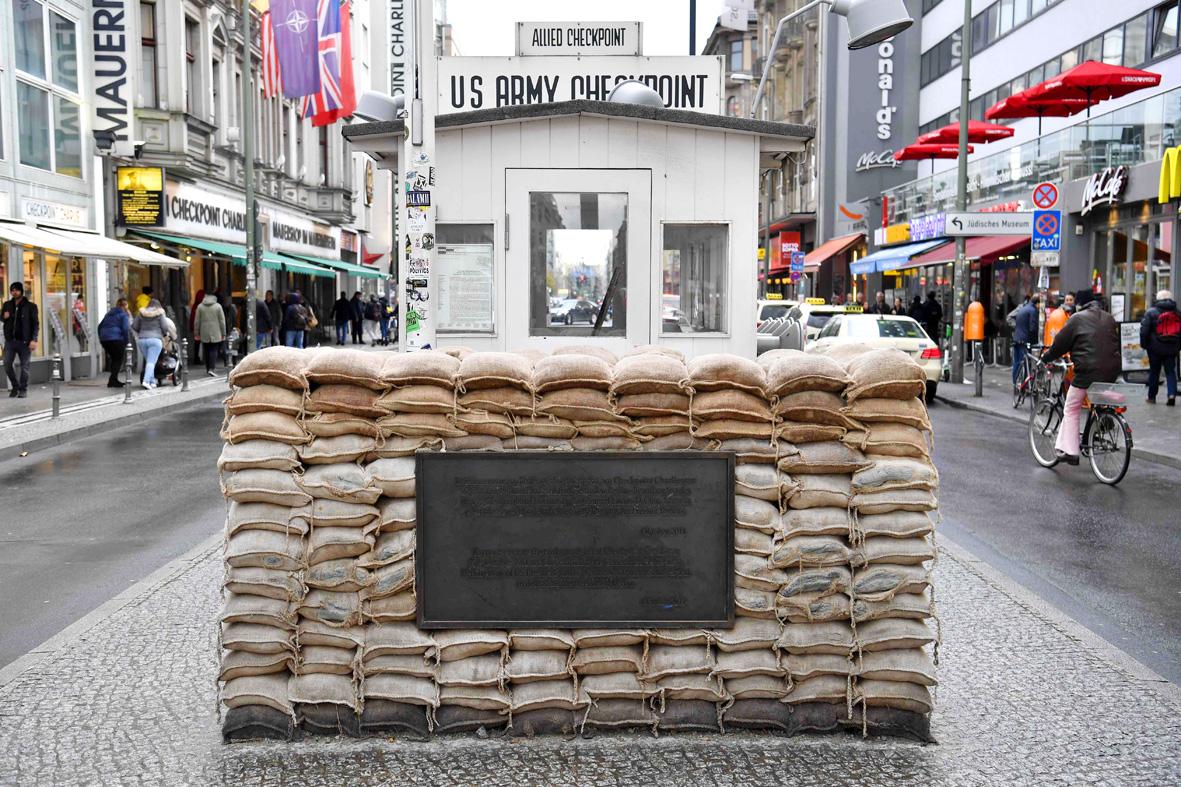
Photo: AFP
“China has become the obvious scapegoat ... to increase the appeal of the sitting president in the US to the voting public,” he says.
Lin says this puts Taiwan in an awkward position, especially if China finds a vaccine first. Under the first administration of former president Ma Ying-jeou (馬英九), Taiwan and China signed an agreement on medicine and public health. Since President Tsai Ing-wen (蔡英文) was first elected in 2016, China has refused to work with the new administration. Moreover, Tsai has, with every passing year, seen more and more high ranking officials from the US visit Taiwan. China’s reaction to these visits has only ramped up the tensions.
“We shouldn’t politicize [the coronavirus], but unfortunately I think the political influence is even more serious after COVID-19,” Lin says. “It will be difficult for Taiwan to get the COVID-19 vaccine [from China],” which will certainly impact the government’s willingness to reopen the nation’s borders.
Political observers say how China deals with Hong Kong will serve as a litmus test for how the US will respond to China’s heavy-handed behavior. It will also show Taiwan how far the US is willing to go in constraining China’s worse impulses.
HONG KONG
Chen says that if the Chinese Communist Party (CCP) has learned any lesson from its coronavirus lockdown earlier this year, it’s that they need to exert stricter control over its society and the economy.
“The political control of the Chinese economy and Chinese society by the communist party and central government has been increased to a new level,” says Chen. “[N]owadays in China you cannot get by economically, business wise or othewise without ... political loyalty [to the CCP].”
It’s a lesson that also applies to Hong Kong.
“The coronavirus has provided the central [Chinese] government a window of opportunity to go hard on Hong Kong in response to [last year’s] demonstrations and protests,” Chen says.
And with Western governments distracted by the pandemic, “they have not had much energy or time to be devoted to what is happening in Hong Kong.”
Hong Kong watchers believed that the territory would remain largely independent until 2047. The impact of the coronavirus, in addition to the National Security Law, is “accelerating a convergence in Hong Kong from one country two systems to one country one system... [I]f nothing unexpected happens, Hong Kong will just become another city in China.”
Chen adds that the open society that Hong Kong has nurtured over decades, “might disappear relatively soon.”
The lesson drawn for China watchers is that the Chinese government views “tighter control by the party of the economy and society is better for China.”
“Hong Kong has been transformed to be another battleground between the US and China, as far as the cold war is concerned. So under this political structure the trilateral relationship among the three places, collaboration to fight the coronavirus will be unlikely,” Chen says.
Lin agrees, saying that the new cold war is here and that Taiwan is “staying on the side of the US.”
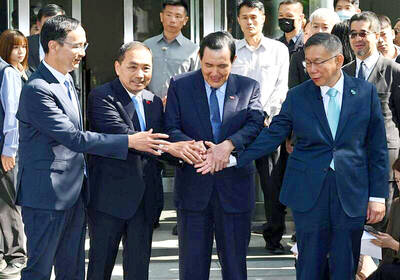
Has the Taiwan People’s Party (TPP) changed under the leadership of Huang Kuo-chang (黃國昌)? In tone and messaging, it obviously has, but this is largely driven by events over the past year. How much is surface noise, and how much is substance? How differently party founder Ko Wen-je (柯文哲) would have handled these events is impossible to determine because the biggest event was Ko’s own arrest on multiple corruption charges and being jailed incommunicado. To understand the similarities and differences that may be evolving in the Huang era, we must first understand Ko’s TPP. ELECTORAL STRATEGY The party’s strategy under Ko was
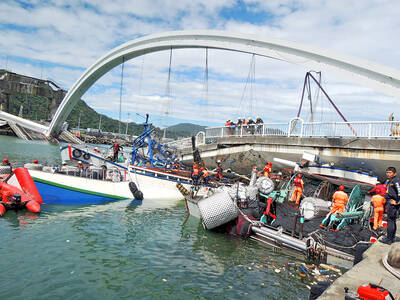
Before the recall election drowned out other news, CNN last month became the latest in a long line of media organs to report on abuses of migrant workers in Taiwan’s fishing fleet. After a brief flare of interest, the news media moved on. The migrant worker issues, however, did not. CNN’s stinging title, “Taiwan is held up as a bastion of liberal values. But migrant workers report abuse, injury and death in its fishing industry,” was widely quoted, including by the Fisheries Agency in its response. It obviously hurt. The Fisheries Agency was not slow to convey a classic government
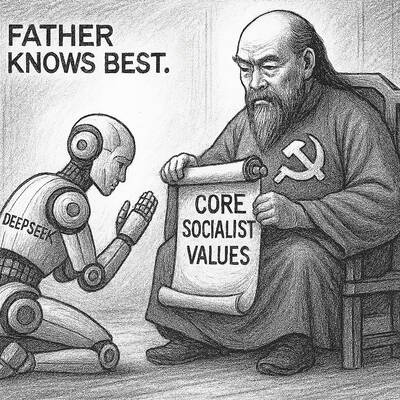
It’s Aug. 8, Father’s Day in Taiwan. I asked a Chinese chatbot a simple question: “How is Father’s Day celebrated in Taiwan and China?” The answer was as ideological as it was unexpected. The AI said Taiwan is “a region” (地區) and “a province of China” (中國的省份). It then adopted the collective pronoun “we” to praise the holiday in the voice of the “Chinese government,” saying Father’s Day aligns with “core socialist values” of the “Chinese nation.” The chatbot was DeepSeek, the fastest growing app ever to reach 100 million users (in seven days!) and one of the world’s most advanced and
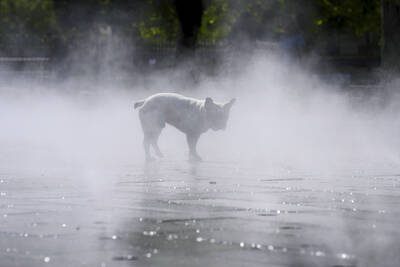
It turns out many Americans aren’t great at identifying which personal decisions contribute most to climate change. A study recently published by the National Academy of Sciences found that when asked to rank actions, such as swapping a car that uses gasoline for an electric one, carpooling or reducing food waste, participants weren’t very accurate when assessing how much those actions contributed to climate change, which is caused mostly by the release of greenhouse gases that happen when fuels like gasoline, oil and coal are burned. “People over-assign impact to actually pretty low-impact actions such as recycling, and underestimate the actual carbon